
Filter News
Area of Research
- (-) Biology and Environment (53)
- Advanced Manufacturing (4)
- Biological Systems (2)
- Clean Energy (42)
- Computational Biology (1)
- Computational Engineering (1)
- Computer Science (4)
- Electricity and Smart Grid (1)
- Functional Materials for Energy (1)
- Fusion and Fission (2)
- Materials (47)
- Materials for Computing (6)
- National Security (18)
- Neutron Science (101)
- Nuclear Science and Technology (6)
- Quantum information Science (1)
- Supercomputing (33)
News Topics
- (-) Bioenergy (45)
- (-) Machine Learning (8)
- (-) Neutron Science (4)
- 3-D Printing/Advanced Manufacturing (11)
- Advanced Reactors (1)
- Artificial Intelligence (9)
- Big Data (9)
- Biology (73)
- Biomedical (16)
- Biotechnology (13)
- Buildings (2)
- Chemical Sciences (11)
- Clean Water (11)
- Climate Change (40)
- Composites (5)
- Computer Science (19)
- Coronavirus (13)
- Critical Materials (1)
- Cybersecurity (1)
- Decarbonization (19)
- Energy Storage (7)
- Environment (89)
- Exascale Computing (4)
- Frontier (3)
- Fusion (1)
- Grid (3)
- High-Performance Computing (20)
- Hydropower (8)
- Isotopes (2)
- Materials (12)
- Materials Science (6)
- Mathematics (3)
- Mercury (7)
- Microscopy (10)
- Molten Salt (1)
- Nanotechnology (7)
- National Security (3)
- Net Zero (2)
- Nuclear Energy (1)
- Partnerships (5)
- Physics (2)
- Polymers (2)
- Renewable Energy (1)
- Security (2)
- Simulation (14)
- Summit (10)
- Sustainable Energy (30)
- Transformational Challenge Reactor (1)
- Transportation (3)
Media Contacts
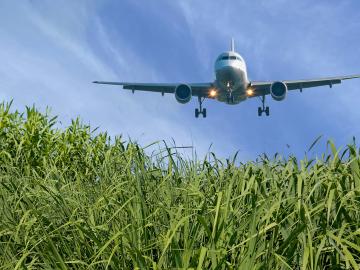
The rapid pace of global climate change has added urgency to developing technologies that reduce the carbon footprint of transportation technologies, especially in sectors that are difficult to electrify.
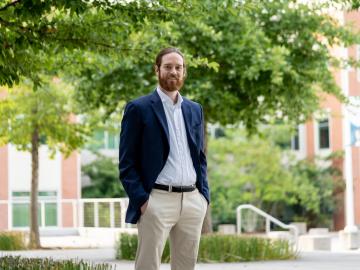
Bryan Piatkowski, a Liane Russell Distinguished Fellow in the Biosciences Division at ORNL, is exploring the genetic pathways for traits such as stress tolerance in several plant species important for carbon sequestration
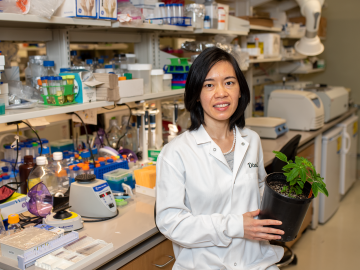
A team of researchers working within the Center for Bioenergy Innovation at ORNL has discovered a pathway to encourage a type of lignin formation in plants that could make the processing of crops grown for products such as sustainable jet fuels easier and less costly.
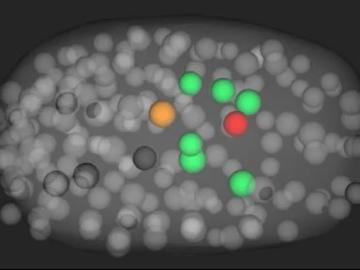
Scientists have developed a novel approach to computationally infer previously undetected behaviors within complex biological environments by analyzing live, time-lapsed images that show the positioning of embryonic cells in C. elegans, or roundworms. Their published methods could be used to reveal hidden biological activity.

Three ORNL scientists have been elected fellows of the American Association for the Advancement of Science, or AAAS, the world’s largest general scientific society and publisher of the Science family of journals.
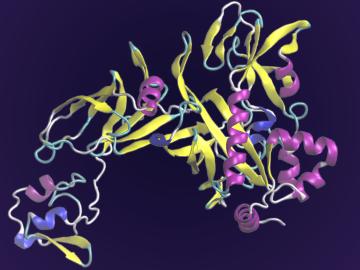
A team of scientists led by the Department of Energy’s Oak Ridge National Laboratory and the Georgia Institute of Technology is using supercomputing and revolutionary deep learning tools to predict the structures and roles of thousands of proteins with unknown functions.
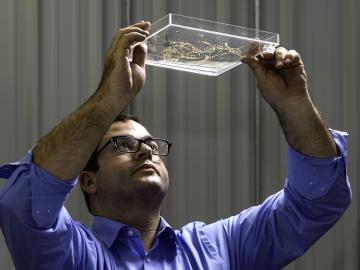
Biologist Larry York’s fascination with plant roots has spurred his research across four continents and inspired him to create accessible tools that enable others to explore the underground world.
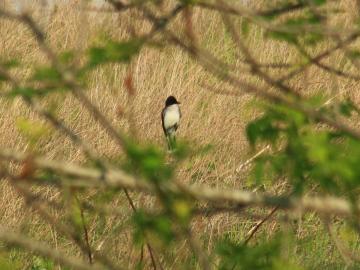
An analysis by Oak Ridge National Laboratory shows that using less-profitable farmland to grow bioenergy crops such as switchgrass could fuel not only clean energy, but also gains in biodiversity.
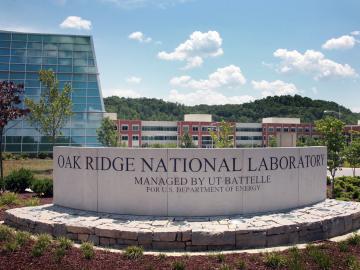
Ten scientists from the Department of Energy’s Oak Ridge National Laboratory are among the world’s most highly cited researchers, according to a bibliometric analysis conducted by the scientific publication analytics firm Clarivate.
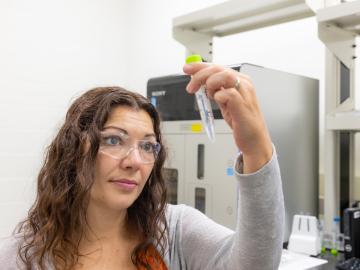
Carrie Eckert applies her skills as a synthetic biologist at ORNL to turn microorganisms into tiny factories that produce a variety of valuable fuels, chemicals and materials for the growing bioeconomy.


